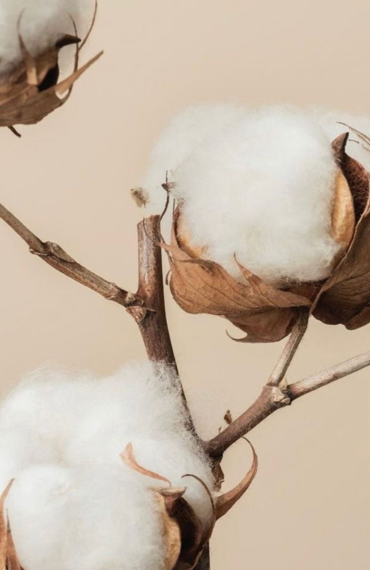
Sustainable Fashion: Paving the Way for a Greener Future in the Indian Market
Introduction:
In recent years, the fashion industry has undergone a paradigm shift with increasing global awareness and concern for sustainability. Sustainable fashion has emerged as a key trend, encouraging responsible consumption and production practices that minimize the industry's environmental impact. In the Indian market, which is known for its rich textile heritage, sustainable fashion presents a unique opportunity to combine tradition with modernity while fostering a greener future. This blog explores the concept of sustainable fashion from an Indian perspective and sheds light on its significance in the context of the Indian market.
Rich Heritage and Traditional Practices:
India boasts a diverse textile heritage that spans centuries, with handlooms and handicrafts deeply rooted in its culture. Sustainable fashion in India often draws inspiration from these traditional practices, promoting artisanal craftsmanship, and preserving age-old techniques. By encouraging the use of organic and natural materials, such as handwoven cotton, silk, and jute, sustainable fashion connects consumers with the country's cultural heritage while promoting sustainable livelihoods for artisans.
Ethical Supply Chains:
One of the core principles of sustainable fashion is ensuring ethical supply chains. In India, where the fashion industry is labor-intensive, the concept of fair trade and ethical manufacturing practices has gained traction. Several brands are actively working towards providing fair wages, safe working conditions, and empowering marginalized communities. By supporting such brands, consumers can contribute to the welfare of workers and promote social justice within the fashion industry.
Minimal Waste and Circular Economy:
Fast fashion has long been associated with excessive waste and a throwaway culture. Sustainable fashion challenges this norm by advocating for a circular economy. In India, innovative initiatives have emerged to tackle textile waste, such as upcycling and recycling programs. Designers are creating collections using pre-consumer waste or discarded garments, transforming them into unique and stylish pieces. By embracing circularity, the Indian fashion market can reduce its environmental footprint and contribute to a more sustainable future.
Organic and Natural Materials:
The use of organic and natural materials is central to sustainable fashion. In India, organic cotton has gained popularity as an environmentally friendly alternative to conventional cotton, which is heavily dependent on pesticides and water-intensive farming methods. Additionally, natural dyes derived from plants and herbs are being rediscovered, providing a safer and more sustainable alternative to chemical-based dyes. By choosing garments made from organic and natural materials, consumers in the Indian market can support sustainable farming practices and reduce their exposure to harmful chemicals.
Consumer Awareness and Responsible Choices:
The Indian market is witnessing a growing awareness among consumers regarding the environmental and social impact of their fashion choices. People are becoming more conscious of the need for sustainable practices and are actively seeking out brands that align with their values. This shift in consumer behavior has paved the way for a surge in sustainable fashion brands and platforms in India, offering a wide range of eco-friendly and ethically produced clothing options.
Conclusion:
Sustainable fashion in the Indian market presents an exciting opportunity to blend tradition, craftsmanship, and environmental consciousness. By embracing sustainable practices, supporting ethical supply chains, and making responsible choices, consumers can contribute to a greener future while celebrating India's rich textile heritage. The growth of sustainable fashion in India is not only transforming the industry but also creating a positive impact on the lives of artisans, promoting social justice, and fostering a more sustainable planet for generations to come. Let us all strive towards a fashion industry that is not only stylish but also sustainable.



